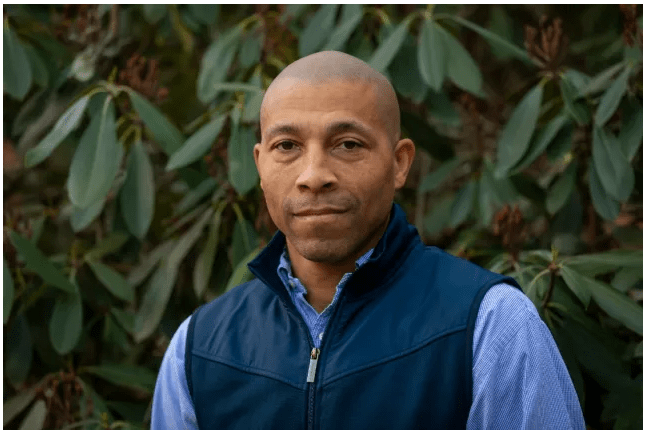July 6, 2020
I will strive to fighting against submission
my own admission
is that I have been committing
hate crimes…..
many times, I have chosen invisibility……
cloaked in apathy….
because there is never a truly, smiling
happy
version of me. . . . .
Oh yes. . .
I can flash a grin with the best …..
nod head and jest
but just make sure not to shake my hand
do not touch me
because their touch is eroding me
from the inside out
and if ever someone peeled back the layers. . .
the self-hatred
and
self-doubt
would fill a room much more than the
respected, ivy-league degree carrying
Black,
but are you really black?
educated teacher ever did.
Oris Bryant is an educator at Noble and Greenough School in Dedham, Massachusetts.








